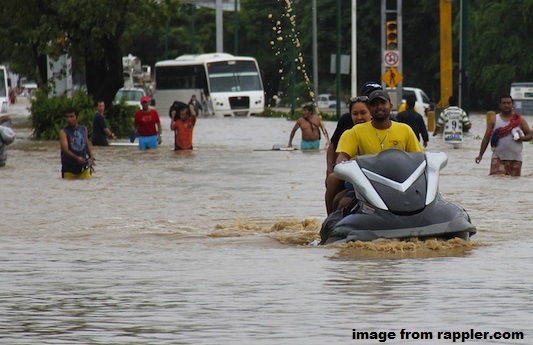Do we really want Najib to declare a state of Emergency?
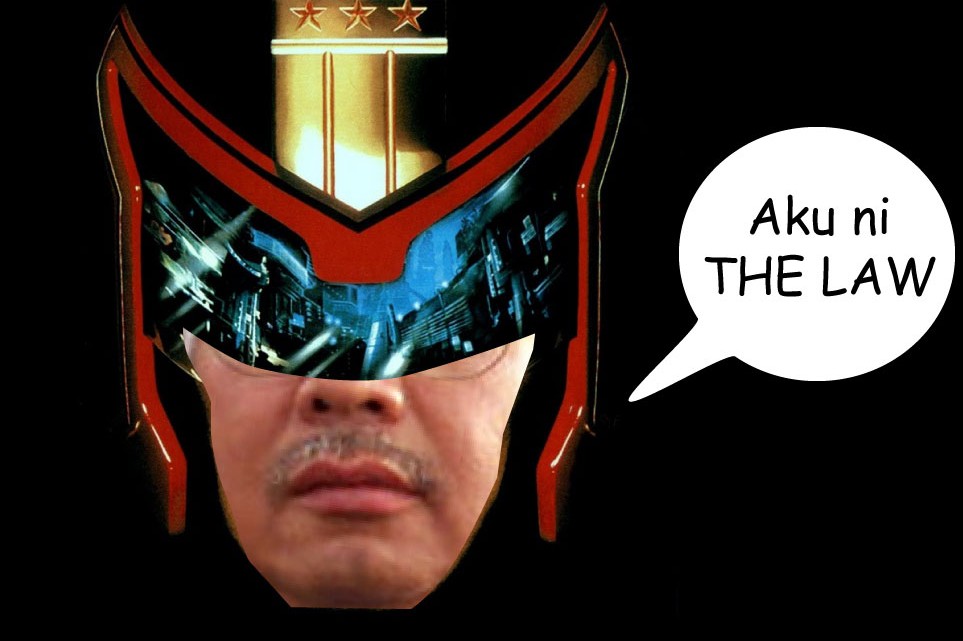
- 589Shares
- Facebook571
- Twitter2
- LinkedIn1
- WhatsApp5
It looks like our poor PM Najib is in the spotlight for the wrong reasons again. First he gets slammed for golfing with Obama when the worst floods in decades struck at home (a fact which also made world headlines, haiz). Now, the PM is being criticised for saying that there is no need to declare a state of emergency yet, despite over 250,000 victims in 9 states displaced by the floods.
According to news reports, the PM was quoted as saying,
“If the government announces an emergency, the implications that will arise include the insurance companies being absolved from paying compensation… and compensation arising from damages to property and vehicles is enormous.
“That’s why if we declare (an emergency), this means it includes the ‘force majeure’ category, and insurance companies need not pay compensation (in this case).”
The PM immediately drew massive flak from Opposition leaders and the public. He was especially ridiculed for his point about insurance claims. The General Insurance Association of Malaysia later confirmed that an Emergency declaration won’t affect payouts to people with flood damage policies. (Ouch…looks like Najib kena again!)
Now, we know everyone is super concerned for the flood victims. And it makes sense that declaring a state of emergency seems like one of the first things Najib should do in a disaster of this scale, right?
But maybe *gasp* there’s some truth in what our PM is saying? Let’s take a look at what SOE involves.
Who can declare SOE?
In Malaysia, only the YDP Agong can proclaim an emergency. Article 150 of the Constitution says that if the YDP Agong is satisfied that there is a serious threat to the country or any part of it, he can proclaim an emergency. However, the Agong does not usually get involved in the running of the country, and will only act on the advice of the PM.
So, first thing is clear: it is basically Najib’s job to inform the YDP Agong if the flood situation needs to be declared an Emergency.
Chup first! Actually, what is an Emergency?

Basically, a declaring an Emergency allows the government to give itself extra powers to deal with a national security situation (such as disaster, or civil unrest, or war) more quickly and effectively.
The Head of Governance, Law and Public Administration Cluster, National Council of Professors, Prof Dr Nik Ahmad Kamal Nik Mahmood explains:
“The purpose of declaring an emergency is for the government to take drastic measures to address the situation, and also when the government cannot wait, like for the Parliament session to table a law for the purpose.”
So, is massive floods good reason to declare Emergency?
In a word: Yes.
During disasters, local or state emergency services may not be enough to handle the situation. Let’s say there is a massive forest fire, and all the firefighting resources in that area is not enough to control it. The State government may need more resources that only the Federal government can provide – like large injection of funds, use of Federal facilities and other resources, or asking the army to send in their people and equipment.
But the problem is, governments are not like Nike – they can’t “Just Do It”.
State and Federal governments’ actions are controlled by laws – lots and lots of laws. Our Constitution puts limits on government’s power and requires it to act according to strict legal procedures. In other words, governments have to go past a TON of “Red Tape” before anything gets done. Red Tape is actually good, because it’s supposed to force the government to behave correctly (but that’s not to say that people can find loopholes, right?).
But these procedures become a Really Big Problem during times of emergency.

So in a time of disaster, what would be the normal procedure for gomen to start working? Mebbe something like this:
Let’s say there’s massive flooding in Kelantan. The state may not have enough money or manpower to handle the flood situation by itself. So it has to ask the Federal government for help.
SO FIRST, they gotta call for a special meeting called a State Assembly. Someone has to make a proposal (not the wedding kind) that the State gomen should ask the Federal gomen for help. Then it’s debated, and IF agreed, then send up to Parlimen to debate again.
If PASS again, then it is passed as an Act of Parliament which then has to be agreed by the Attorney-General (WAHLAU). BUT WAIT…it can’t use the new law yet! Government departments at the Federal level have to be briefed, budgets drawn, implementation policies and procedures and other such mah-fan stuff. AND finally, brief the staff to go do what they need to do.
Phew! Darn long and complicated process, right? And this is just a quick summary! You have to wonder: how do things ever get done in government?!
(Erm…never mind.)

This process can take months or even years. At the very least, it could take days. That’s way too long when people’s lives and safety are at stake in a disaster situation.
This is when an Emergency declaration becomes very useful. Because it allows the Federal and State governments to bypass all that procedural crap so that things get done fast.
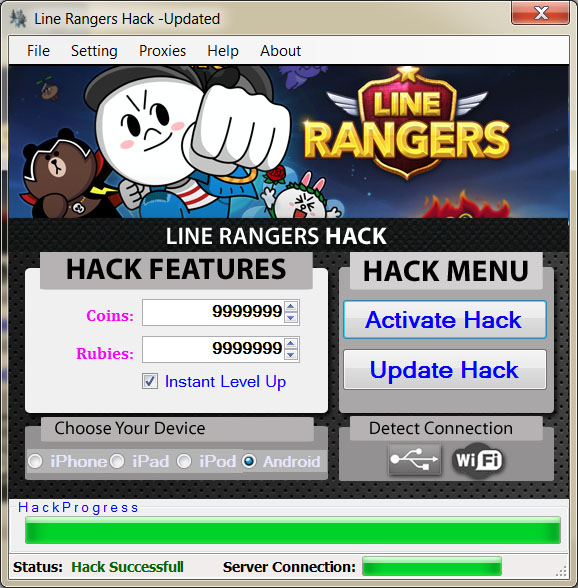
How? Because instead of debating, absolute power now rests with just the few people in charge, allowing them to make quick decisions.
So, OKLOR then just declare Emergency la
Well, declaring an emergency can also create a lot of confusion for businesses and ordinary folks. Every day behaviour we take for granted may become illegal, because in an emergency the gomen can make any policy, decision or law it likes. They don’t even have to call it a law, because ALL directives issued by authorities during an Emergency has the same power as the law!
And what if the new stuff goes against existing laws or even the Constitution? Too bad – no Court can resist its power over them. (That means if you ever get arrested under some Emergency law, you have a better chance of surviving a life sentence in Siberia than in Court.)
It’s got huge political implications too, because an Emergency allows a government to completely change its structure. The PM (or whoever is in charge of the Emergency) has absolute power to suspend or fire Ministers and gomen officers, ignore or change normal government functions, suspend Parliament and shut down the Courts. No questions asked.
An Emergency also allows the Federal government to take over the running of the states where the emergency has been declared until the YDP Agong declares that the Emergency is over.

Gomen can also rampas private properties, like buildings or even your new car, to help in the relief efforts during an Emergency. You know those scenes in movies where gomen people order everyone out of a house because they want it as a base of operations? Or when cops throw people out of their cars then wreck them chasing down the bad guys? Yeah, it can be like that.
An emergency could also mean having curfews and other restrictions (like food rationing) imposed on you. In the worst case scenario, martial law could also be proclaimed to allow the military to enforce emergency measures.
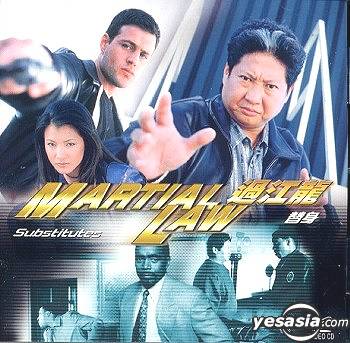
Martial law means you’ll have army flers with their big-ass guns patrolling the streets, making sure everyone obeys the gomen’s Emergency instructions. (But that only happens if gomen feels things are getting too much for normal cops to handle la. So, chill first.)
The government may pay you back for any damages you suffer from their actions, but you don’t want the gomen to rampas your stuff in the first place, do you?
Waah…when will things get back to normal then?

These laws created by the few people remain in effect until further notice or until the Emergency is lifted by the YDP Agong or Parliament. In the meantime, what people understand about the law goes out the window because the rules have changed.
And this can have serious legal consequences.
Let’s say in an emergency, the authorities impose a curfew. And let’s say a mother decides to go out after curfew to search for food for her starving family. By that very act, she could be considered as breaking the law. (During Emergency, all gomen instructions have same power as the law, remember?)

But you might say, “Aiyo… Who’s going to make a big deal out of that? Desperate times ma!”
Well, let’s say she drowns while she was out after curfew. The legal question now comes up: will insurance companies pay out on her life insurance – because she died while breaking the law? Some say yes, some say no – it depends on the insurance policy she has, and the kind of insurer she’s dealing with.
So during an Emergency, insurance claims may become a grey area. Your policy may not cover you anymore if anything happens to you during an Emergency, under certain circumstances. It really depends on what the gomen had said during the time of your accident. (Here’s the really sucky part: you still have to pay the insurance premiums on time!)
DAP MP, Tony Pua, has done some really kickass research proving that flood insurance WILL still payout during a state of Emergency, but he also noted that:
“Property insurance is also invalidated if any destruction is caused by cessation of work, or by confiscation, commandeering, requisition or destruction of, or damage to, the property by order of the government.”
Translation: if the gomen orders anything done with your property during an Emergency and it is totalled in the process (like, maybe tearing down an unsafe house), your insurance is not going to cover it.
But insurance is just one of the issues. In fact, all contracts can be affected by the fluid legal environment (yeah, that’s a ba-aad pun) during an Emergency. It becomes a real headache if any disputes or other SNAFUs happen during the Emergency. They could throw up a whole bunch of unexpected legal issues.
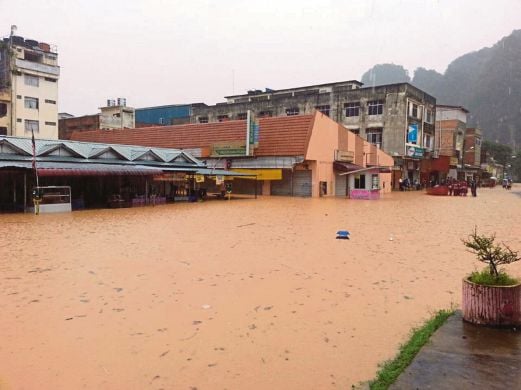
Now, don’t get us wrong. We’re not saying Najib got it right about the insurance thing. But there are other legal points to consider. And the government definitely needs to properly explain why it’s not declaring an Emergency. It owes at least that much to the people.
Eh, wait! Got different types of Emergency mah!
Some claim that gomen doesn’t need to declare the scary, full-fledged Emergency. They say there’s another kind of Emergency called “Darurat Bencana” (Disaster Emergency), which is supposed to have more limited powers. PAS Youth’s legal committee had claimed that the National Security Council’s Standard Operating Procedure (SOP) says it can declare this kind of emergency.
But Constitutional law expert, Abdul Aziz Bari, thinks this is just weird.
“How many types of ‘state of emergency’ are there in Malaysia?” he asked. “…the NSC is just a government agency and the SOP is not even a law, let alone able to take precedence over the constitution,” he further explained.
So there’s really no such thing as “Emergency” and “Disaster Emergency” in the Constitution. Once an emergency is declared, gomen will have all those powers and money, whether they use it or not.
He also thinks that declaring a state of emergency would not improve anything. As he explains,
“Emergency declaration will not stop the rain or will help us with more food or boats.”
Yeah, those are what the victims really need now, kan?
OI CUKUP LA. Declare or not, bugger?
Right, an Emergency declaration will make it easier for the Federal government to quickly do stuff like pulling all its resources together to help flood victims, making sure the National Security Council is working at full capacity, approving special flood relief funds, mobilising the Army and its equipment, and making it easier for foreign rescuers to come and help.
Eh, chup…
All that is already happening now already, what?! So… no need to declare emergency already lor, right?

Wait, let us explain first. What’s the upside and downside of the current situation without an Emergency declared?
THE UPSIDE: All emergency services (bomba, hospitals, police, etc) and the Armed Forces are already under Federal gomen control. So they can easily call them into action without an Emergency declaration. All the PM has to do is to instruct the Home, Health, Defence and Finance Ministries to get to work! In that case, the PM becomes the coordinator of the relief efforts because only he can order all these Ministers around. This power structure is sort of what it would be like during an Emergency.
BUT THERE’S ALSO A HUGE DOWNSIDE: No Emergency declaration also means the Ministries have to use their existing budgets and procedures. There will be no shortcuts to getting extra money or resources. And there will be no special Emergency funds. And the Fed gomen is not obliged to pay for the entire disaster and post-disaster operations and damages.
Good coordination is also the key in disaster management. The responsibility for success or failure ultimately lies with the PM now. If the PM manages to pull this off despite not declaring Emergency, he’ll be the superhero to all Malaysians. If he fails, well…there’ll be hell to pay.
But if gomen don’t declare Emergency, how?
Perhaps we should look at the situation slightly differently.
This year’s flood is on a scale never seen in decades, and may even be the worst in Malaysian history.

The real problem is not that the gomen was unprepared, but that the gomen was unprepared for something this big, because it had never happened before.
The yearly East Coast floods normally affect tens of thousands of people in 3 or 4 states. But this year, a number of natural phenomenon combined to give us the Mother Of All Floods, displacing over 250,ooo people and affecting 9 states. Even the West Coast states have been hit (and they usually never kena!)
It’s completely unprecedented. Some level of SNAFU is a bit understandable la. So maybe we can cut the gomen a little bit of slack.
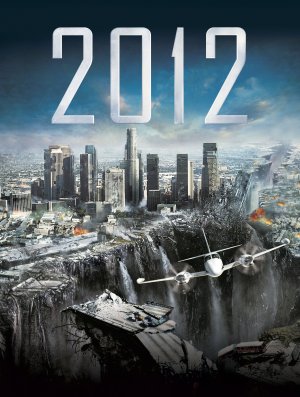
And the people on the ground could really use our support too. A special shout out to those people who have been trying their level best, given the conditions they have to work in.

On the other hand, how the government leadership responds to the unexpected situation is crucial. It really needs to step up its game and bring relief efforts up to the new level.
Are rescue efforts going well? Well, it could definitely be better. But the endless politicking is not helping, like the Perak case shows.
And yes, we should debate if declaring an emergency would have made things better. We should call out those responsible for the things that went wrong with the flood rescue ops. But, do we have to do it, like, right now?
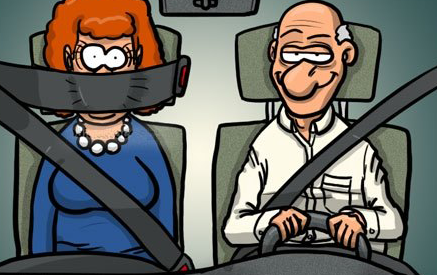
What the country, and more importantly the flood victims, do NOT need is more political bickering. What’s really important right now is getting help to the flood victims, isn’t it?
People want to see things get done. And, while the politicians play the blame game, ordinary folks are taking matters into their own hands by organising supply runs to affected areas. And they pay for all of it themselves too (how awesome is that, woohoo!).
So while the politicians sort out the mess about declaring an Emergency, let’s keep our eyes on the most immediate need – getting help to victims.
We Malaysians have been doing a kickass job of helping the victims so far. Let’s keep up the awesome effort and not get into senseless politicking over what is really a non-issue at the moment.
Stay awesome, people!
- 589Shares
- Facebook571
- Twitter2
- LinkedIn1
- WhatsApp5




